US power play in Pakistan, India
In this article, we will discuss the political crisis in Pakistan, a history of American interference in the country and external dimensions of Imran Khan's ouster. We shall also take a look at efforts by Western and Eastern power blocks to court India in the wake of the Ukraine war and growing strains in New Delhi-Washington ties.
Amid the deepening political crisis in Pakistan, opposition leader Shehbaz Sharif has taken over as a new premier, with the cricketer turned politician Imran Khan back on the streets, mobilizing his supporters against what he describes as an “imported government”.
Imran Khan's repeated claims that the United States orchestrated a regime change conspiracy against his Pakistan Tehreek-e-Insaf Government has once again brought to the fore American interference in the internal affairs of the Muslim majority country, in both the civilian and military spheres.
The US Military Industrial Complex has a long history of interference in other countries, including Pakistan. In 1958 the CIA, engineered the first military coup in Pakistan, which ended 11 years of civilian rule in the South Asian country.
It brought to power a US friendly military dictator, General Ayub Khan, which set a dangerous precedent and paved the way for subsequent military coups. The country's 75 year history has been marked by multiple military coups, corruption scandals, and, political infighting.
US interests in Pakistan have primarily been influenced by the country's strategic location.
In the 1950s and 1960s Pakistan was made part of the US led Cold War alliance to contain the communists because of Pakistan’s geostrategic location, which is close to the southern reaches of the Soviet Union.
In the 1980s, Pakistan was used by America to overthrow the Soviet regime in neighboring Afghanistan because of its geographical proximity. After the events of 911 the Americans, once again, roped in Pakistan to fight al Qaeda and the Taliban. The 20 year US military adventure in Afghanistan turned into a huge disaster.
Over the years rulers in Pakistan have consistently maintained close ties with the US to guarantee their survival and to keep the funds flowing.
However, Imran Khan took a different path and tried to assert his independence, which proved to be his undoing.
The overthrow of the government of Imran Khan in Pakistan and the ensuing political crisis has many external dimensions. The recent developments in Afghanistan and Ukraine led to an escalation of tensions between Washington and Islamabad subsequent to Imran Khan's calculated move to forge stronger alliances with regional powers, China and Russia.
The new coalition government led by Shahbaz Sharif, who is considered close to the military establishment, is likely to repair Pakistan's ties with the US in such a way that relations with countries like Russia and China will not be affected.
Imran Khan rose to fame in the 1980s as a flamboyant cricket player. He led Pakistan to the historic World Cup victory in 1992. Just as on the cricket pitch, Khan asserted himself in politics as well.
He was scathing in his criticism of America's military adventure in Afghanistan, which he deemed unwinnable. In July 2021 he censured Washington for the mess it was leaving behind the war ravaged country. He also refused to allow Pakistan to be used for the so called "over the horizon" US military operations, which obviously ruffled feathers in the US.
More recently, Khan refused to condemn Russia's military operation in Ukraine. He was in Moscow hours before Russian President, Vladimir Putin, announced the operation, raising eyebrows in the West.
His tenure also saw the strengthening of Pakistan's ties with China, a country which continues to challenge America's global hegemony. In February Khan held talks with the Chinese leader, Xi Jinping, and underscored that China was Pakistan's steadfast partner, a staunch supporter and iron brother.
The new Premier and Pakistan Muslim League chief, Shahbaz Sharif, brother of Nawaz Sharif (3 times former PM), is likely to adopt a different approach by mending ties with the US.
He recently stirred up a controversy with his "Beggars can't be choosers" remark in the context of relations between Pakistan and the US, but experts believe that Pakistan's growing ties with China and Russia are unlikely to be affected by the change in leadership.
There have been allegation of a US conspiracy to overthrow the democratically elected government of Imran Khan; why is America so interested in Pakistan?
Geopolitically, American interest in South Asia, specifically in the region of Afghanistan and Pakistan, since past 20 years is determined by the war on terror and its objectives in this region. We see that since 20 years, it has been engaging Pakistan in relation to their power military apparatus in Afghanistan to eradicate terrorism. This is why they have this "mantra" of Pakistan doing more in order to eradicate the terrorism, but unfortunately, [the] United States has not been realizing that after 2001, when 911 incident took place, our interests were not aligned.
This is very technical, because the same people who [the] United States used with the help of us(Pakistan) in Afghanistan to stop the army of the Soviets were pitted against us after 2001 and Pakistan was forced to fight their own brothers, which is not possible, and United States do not understand this.
This is why Pakistan has been accused of playing a double game with the United States because, while they are receiving aid through the surrender and appeasement model, they are not using it to fight the people in Afghanistan, which they call terrorists.
But the truth is that other states do not want to see an Islamic fundamentalist government taking form in any Muslim country.
So to me, the interest of the United States in Afghanistan and Pakistan has always been in relation to military security. And this is why the bone of contention still remains in between them. And there is a transition that is taking place which I don't see that things will get better for either of the countries, unfortunately.
Sabtain Ahmad Dar, Lecturer at Lahore University, Political Analyst
Many have traced the US military industrial complex's interference in Pakistan to the 1958 military coup that ended 11 years of civilian rule and installed the first military dictatorship, how do you view this?
interference ... started way back ... it's a declassified document now, and we can search it on Google that when Pakistan was headless, because for almost seven years to eight years, we were not having any constitution, and the sovereign head of Pakistan was Queen Elizabeth the Second.
In that period, you know, Liaquat Ali Khan became the Prime Minister of Pakistan and he was asked when he visited the Kansas City University, and he asked for United States assistance, because at that time Majles Shoura declared that Soviet Union cannot be a strategic ally of Pakistan because of its communist agenda and they do not believe in any monotheistic, or any polytheistic, religion because their religion is money and socialism.
So it was quite effective to have United States as their partner, but that relation was meant to have equality. It was not meant to have a certain relation in which Pakistan would be in dependency syndrome.
Well, that dependency syndrome came when, after Liyaqat Alit Khan declared that the world would be a limping leg (crippled) if (the) United States was not going to help states like Pakistan. The United States agreed to it, because it had its own political agenda.
In 1945 when it wanted to help newly emerging nation states … where they would have the superiority of the US dollar and eventually, through that, they would access the markets of these newly emerging states.
So United States came and said to Liyaqat Ali Khan that they want military bases so that they can spy against the Soviets, Liyaqat Ali Khan refused them and he eventually paid the price when he was assassinated, and it is quite evident now, with the declassified documents, that he was eliminated by the United States.
Sabtain Ahmad Dar, Lecturer at Lahore University, Political Analyst
Returning to Imran Khan, would you agree that his bold and brave stance on America's unwinnable war in Afghanistan, the NATO provoked conflict in Ukraine, and his warm ties with China, proved to be his undoing?
Yes, maybe you're rightly asking this question because Imran Khan has always been the only leader in Pakistan who has compelling the public that Afghanistan war is an unwinnable war through military actions.
You have to talk with those people because they have the tribal system in them. And you know, the peace resolution will always come through talks. So the idea of having peace in the region has not been welcomed by the United States because they always say that Pakistan has to do more in relation to military action against their very own brothers in Afghanistan.
But we know the truth that all the proxies that has destabilized Afghanistan and Pakistan were, and (are) still being, created by the United States secretly and (that) there is a hidden role of the State of Israel in India, in Afghanistan, to contain the nuclear Pakistan because as long as Pakistan is a nuclear power, a Muslim country, states like the state of Israel cannot encompass major states, Muslim states, and expand their territory in the Middle East, which is their hidden strategic vision (and why) they are in the middle east.
So this is why Imran Khan is not suitable as a prime minister of Pakistan because of his Islamic fundamentalist policy, because, as you know, it's all about the wars against the governor system. They do not want to see any model thriving in any part of the Muslim world that challenges the hegemony of the Westphalian model.
So this is why it was very important to conspire against Imran Khan by using the opposition members, who held a no confidence vote and the strategy of using "horse-trading" to buy the votes were used by the United States through their stooges in Pakistan to oust Imran Khan and, unfortunately, they have been successful.
Sabtain Ahmad Dar, Lecturer at Lahore University, Political Analyst
Amidst rapidly changing regional dynamics and the emergence of new alliances, India, as a key player, is being courted by major western and eastern powers.
In the wake of Russia's military operation in Ukraine a steady stream of foreign dignitaries have made whirlwind trips to New Delhi in recent weeks.
Delegations have come from the US, Australia and Japan, India's partners, as well as from Russia and China, amid hectic efforts to bolster their respective power blocks.
What has sparked concern in the West is India's neutral stance on Ukraine. As the Ukraine war rages on, new global alliances are taking shape, some countries have chosen to support Ukraine, some have thrown their weight behind Russia, and some others, like India, have decided to remain neutral. This is seen as an attempt to ensure that the Narendra Modi led government in New Delhi remains in power.
The Foreign Minister of Russia, Sergey Lavrov, visited India on March the 31st, the same day as British Foreign Secretary, Liz truss. A day earlier, US Deputy National Security Adviser, Daleep Singh, was in the Indian Capital.
A week before that Australian Prime Minister, Scott Morrison, and Modi held a virtual summit, with China's Foreign Minister Wang Yi paying a surprise visit to New Delhi. The Japanese Prime Minister, Fumio Kishida, also held talks with Modi as did US President, Joe Biden.
India's heavy reliance on Russian arms has prevented it from joining its QUAD partners and condemning the Kremlin's military operation in Ukraine. New Delhi has also kept up oil imports from Russia in defiance of US warnings.
At the same time, the Chinese diplomat's visit to New Delhi has opened doors for Mr Modi to attend this year's BRICS summit in China, where a Russia-India-China trilateral meeting is likely to take place.
The jury is still out on whether India is to join the Russia-China camp, or continue to sit on the fence with its feet on the western playing fields.
In our judgment, it is important that all countries, especially those with leverage, press Putin to end the war. And it's also important that democracies stand together and speak with one voice to defend the values that we share.
Antony Blinkin, US Foreign Secretary
The growing dependence of India on Russian arms and cheap crude oil has distanced it from the waning imperial power, the United States of America, putting their strategic ties on a sticky wicket.
Surprised by New Delhi's bold stance on the Ukraine conflict and the continued import of Russian crude oil, Biden administration officials have "warned" India, and some other countries, of potential consequences. However, that has not deterred New Delhi, which regards Moscow as an indispensable partner.
We perceive India as a great power, a friendly nation, and a time-tested friend.
Russian President, Vladimir Putin
In a terse warning to India and other countries that have rebuffed Washington's calls to condemn Russia's military operation in Ukraine, the US Treasury Secretary, Janet Yellen, on April 13 said they shall face the consequences.
She said the US and its allies will not be indifferent to countries that have shied away from taking a pro West position on the simmering Ukraine conflict in a fiery salvo aimed at India.
Her remarks came days after President Joe Biden warned India that buying more oil from Russia was not in the South Asian country's interest. He said only India among the QUAD countries was somewhat shaky in acting against Russia. He later telephoned Narendra Modi, warning him that it was not in New Delhi's interests to boost energy imports from Moscow.
We can truly assert that there's virtually no domain on which we are not cooperating with each other. The nature of our opportunities and challenges are such that they are more effectively addressed through a cross cutting dialogue.
Subrahmanyam Jaishankar, Indian Foreign Minister
It appears that the war in Ukraine has exposed the deep fault lines in America's relations with India, which have primarily centered on defense and security cooperation.
While the two countries share concerns over China's staggering rise and the threat it poses to them, they are not on the same page on other issues. There appears to be a growing realisation in India that the US is an unreliable partner.
Currently new global alliances are taking shape in the wake of the Ukraine conflict prompting both Western and Eastern powers to court India.
Do you think India will join one of the camps or will it maintain its neutrality?
That is a really interesting question. Anyone who has studied the history of India will know that post independence it, of course, was a colonial vassal state of England and achieved independence in 1947.
And in that post colonial era, it was a key member of the non aligned movement, but strategically was always very close to the Soviet Union, and has remained close in many respects to Russia and that includes in terms of its military spending, military contracts, and military hardware.
It has had a historically very close position to Russia and still, more than perhaps 60% or 70% of its military hardware is still Russian manufactured and it has an important relationship with Russia, both economically and also militarily.
When it joined the QUAD and with the rise of its new BJP Prime Minister, Modi, it was seen to make steps to move closer to the United States. And this worried me deeply that it seemed to be, essentially, joining the camp of the United States, of United States imperialism.
But it seems to have rolled back with a couple of very serious steps, one economic, just before the turn of the New Year, I think in December 2021, India and Russia signed a very important landmark historic agreement that they would now trade using the currencies of the ruble and the rupee, so trade directly, internationally, in their own currencies.
And this is a very important step for two such large and important economies, in order to bypass what has historically been the hegemony of the petro dollar economy and of the dollar as the international reserve currency, and hence of the hard, globally traded currency that allows it as a fiat currency to flout many of the normal rules that would apply to other countries and therefore sees other countries have to accept unfavorable terms [sic].
Ranjeet Brar, NHS Physician and Consultant
India refused to condemn Russia's military operation in Ukraine and defied US warnings to cut importation of crude oil from Moscow.
Exactly how important is Russia for India's Defence and energy sectors?
So as we were discussing, I think it's very important both for India's defense, but probably more for its defense than its energy sector, per se.
India has its own sources of energy, but in a world where energy is increasing sharply in price, and energy security is key to the whole of one's economic development and strategy, energy does matter.
And India has recently signed an important contract with Russia to buy Russian gas and oil, and coal, and to do so in the currency of the ruble and the rupee and this will be not to the liking of United States, but much of the advantage economically both of India and, of course, Russia.
Ranjeet Brar, NHS Physician and Consultant
The US Treasury secretary, Janet Yellen, warned India and other countries of consequences for rebuffing Washington's course as they take a stand on the Ukraine conflict. One wonders whether this will deter India and others from purchasing energy from Russia.
There were questions regarding this in the Congress, in the Indian National Parliament, and Indian ministers were in fact interrogated. Modi refused, in fact, to meet with Victoria Nuland when she did her tour trying to reinforce support for United States policy, which is to use Ukraine as a proxy to wage war upon Russia.
In fact, Modi surprised me by refusing to meet with her and refusing to be treated as a vassal of the United States, and in fact, his Deputy Prime Minister who answered questions on the floor of the house so that she didn't dare to directly raise questions of trade with him and in fact they are not amenable to being told how to act.
And clearly, Imran Khan in Pakistan has essentially been toppled from government; yes, by the military, yes by the opposition, but at the behest of the United States for exercising this kind of disregard to American foreign policy, but India is a large country, Pakistan is (also) large it has a 220 million population but India has a 1.4 billion population and is not likely (to be) ordered around so I've been pleasantly surprised by the Indian independent stance of the Modi administration in this regard.
Ranjeet Brar, NHS Physician and Consultant
Hamas calls for action against Israeli settler incursions into al-Aqsa Mosque
'Hell of the hell': UNRWA blasts Israel’s months-long deadly siege on northern Gaza
VIDEO | Israel wipes out northern Gaza
VIDEO | Press TV's news headlines
Israel kills 5 Palestinian journalists in front of Al-Awda Hospital in Gaza
VIDEO | Gaza ceasefire obstacles
VIDEO | Pakistani Christians mark Christmas in solidarity with Palestine
VIDEO | Plight of Gaza cancer patients


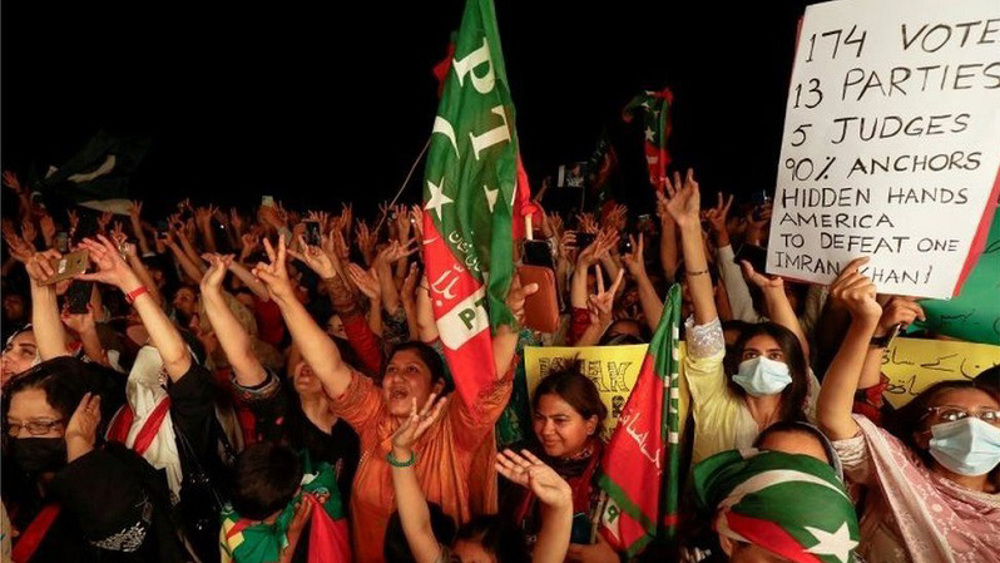
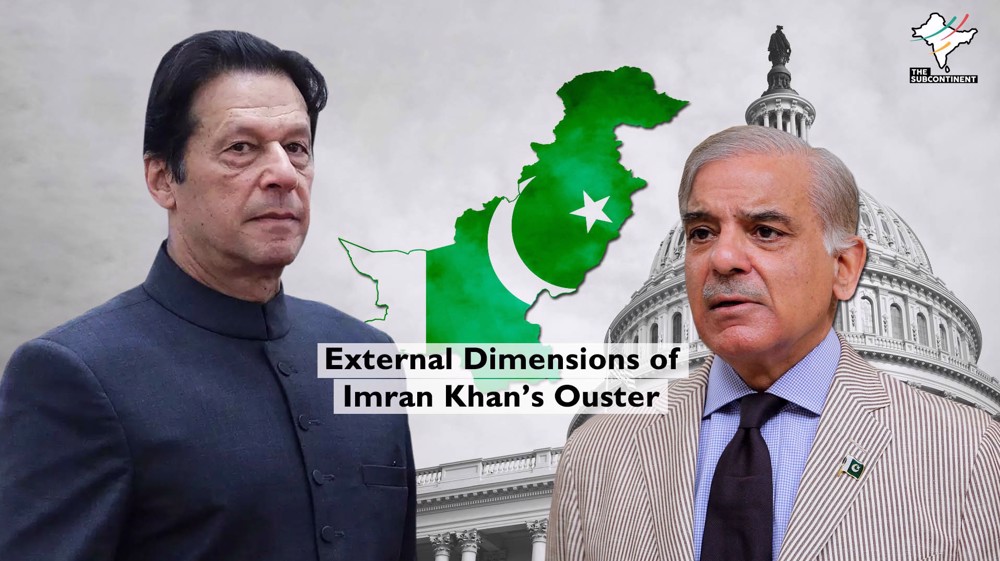
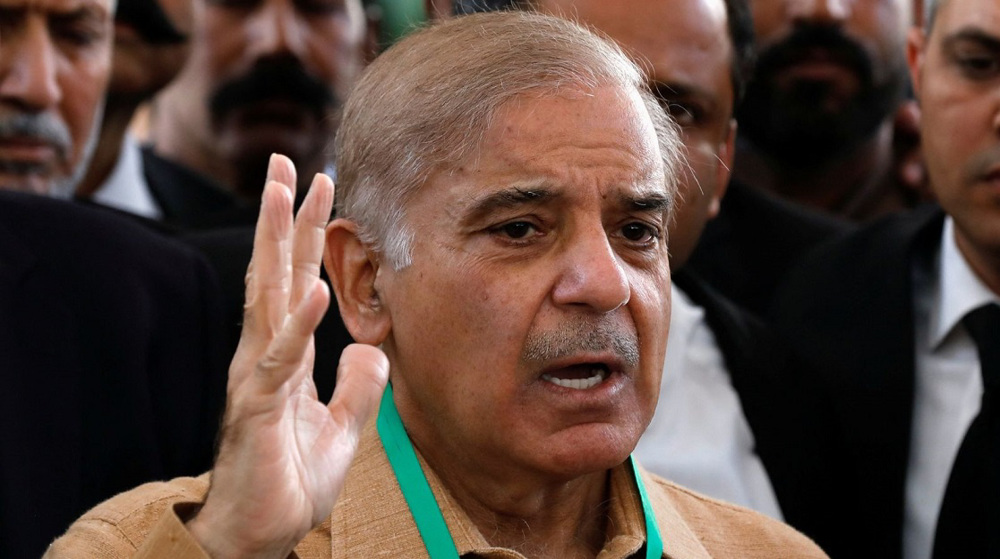
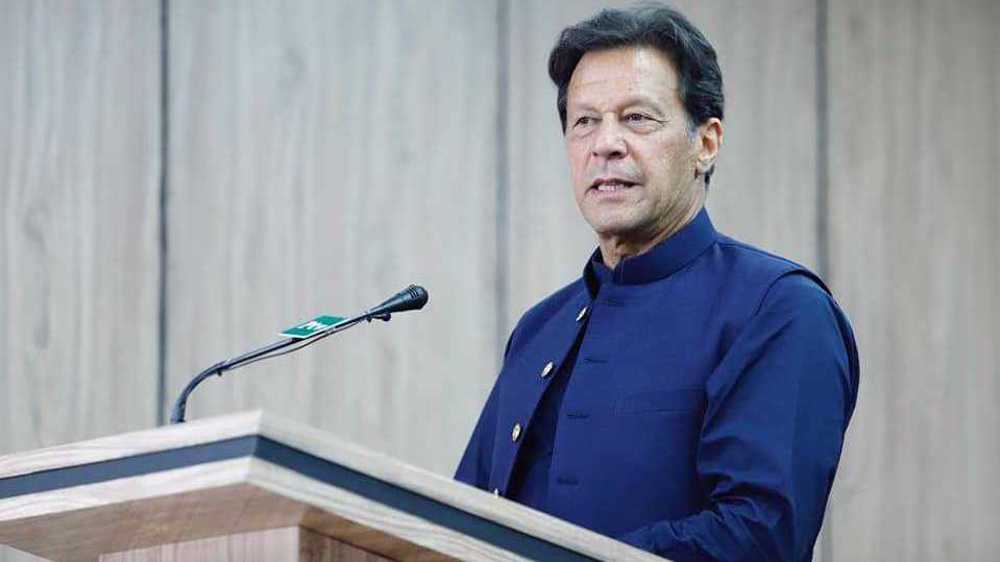
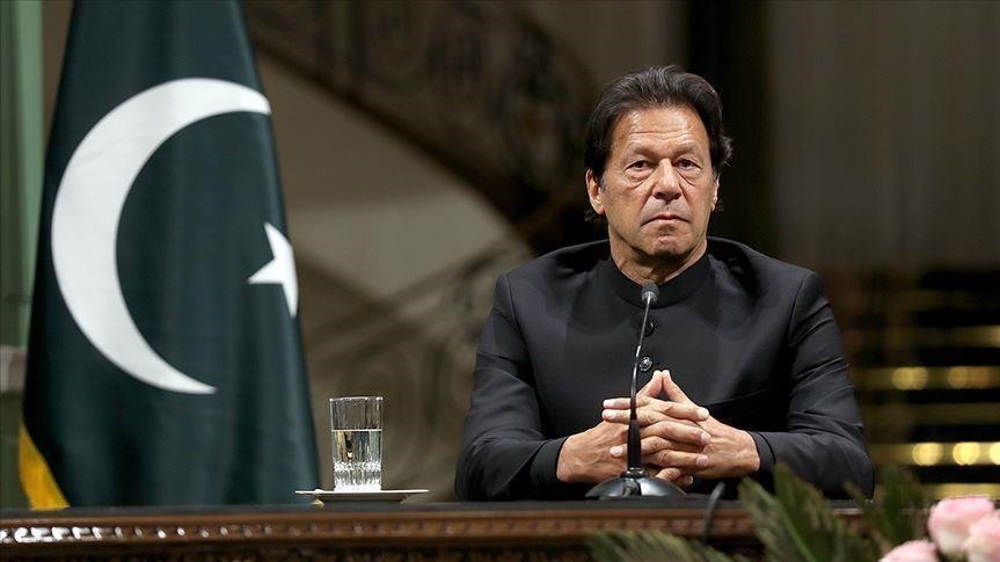
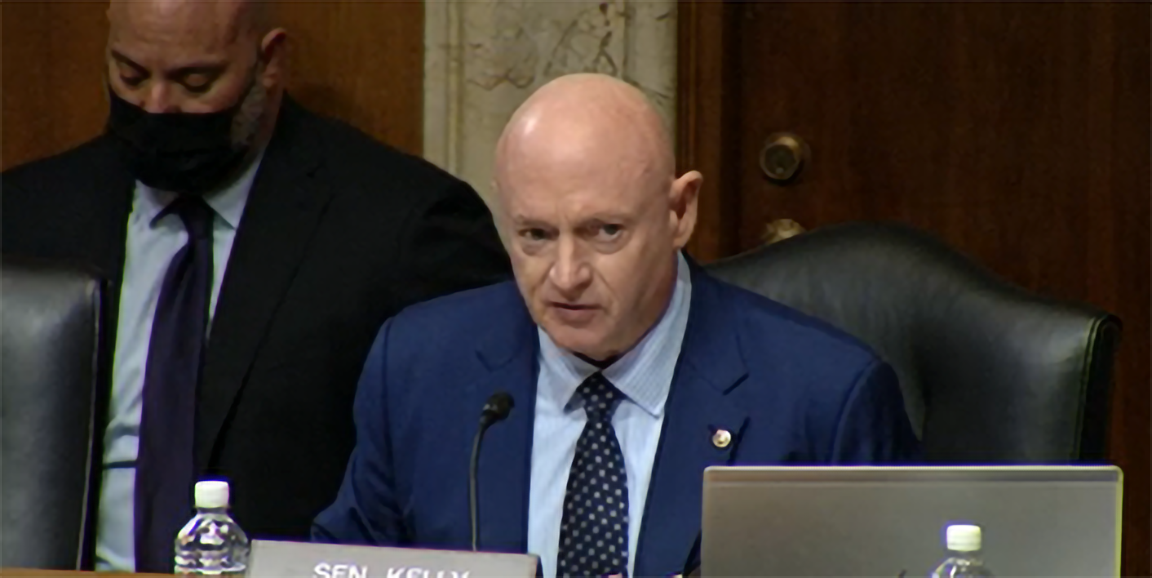
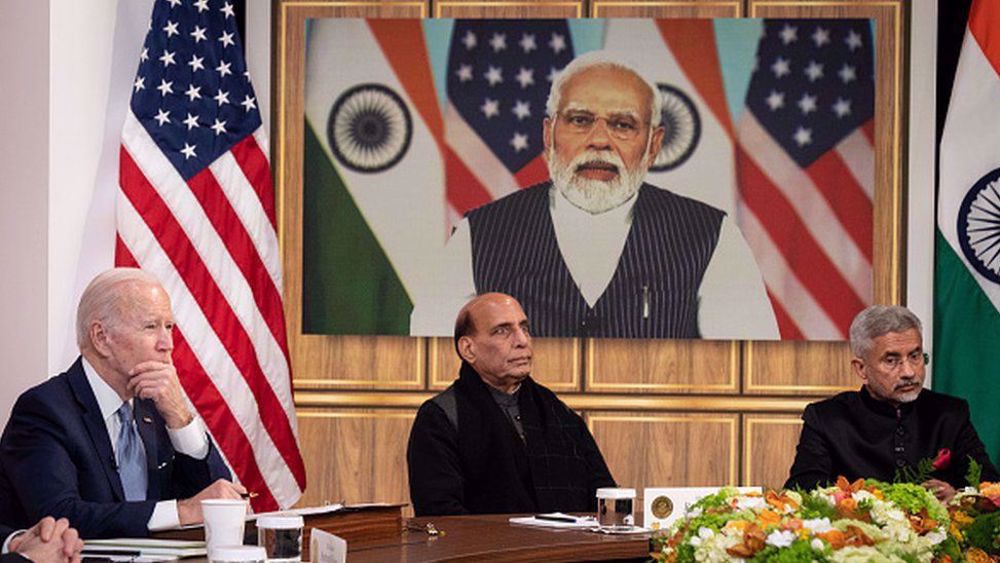
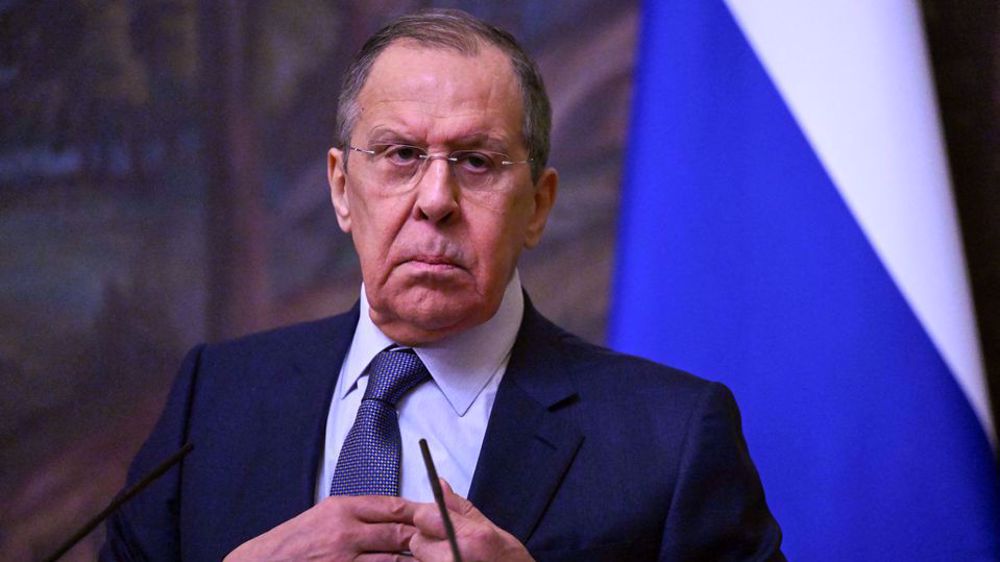
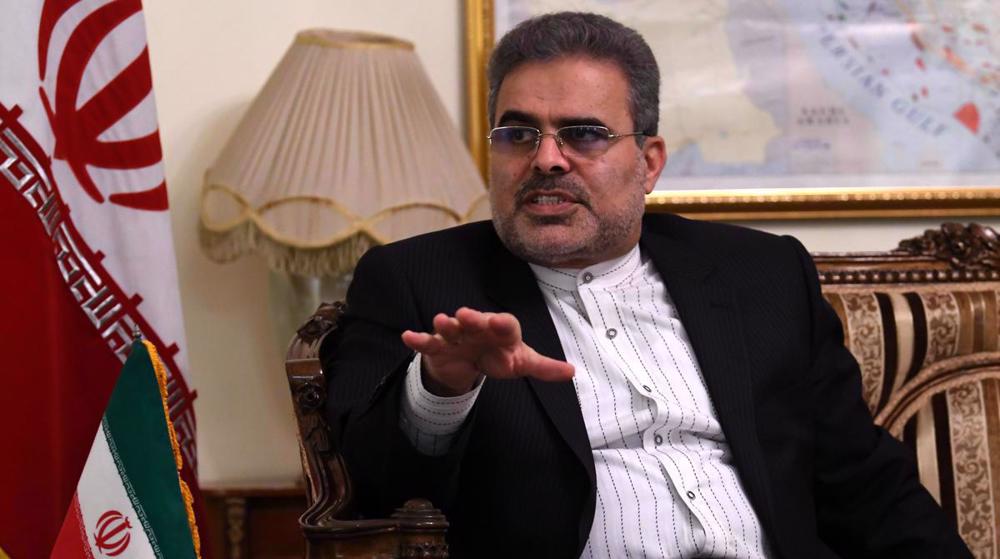

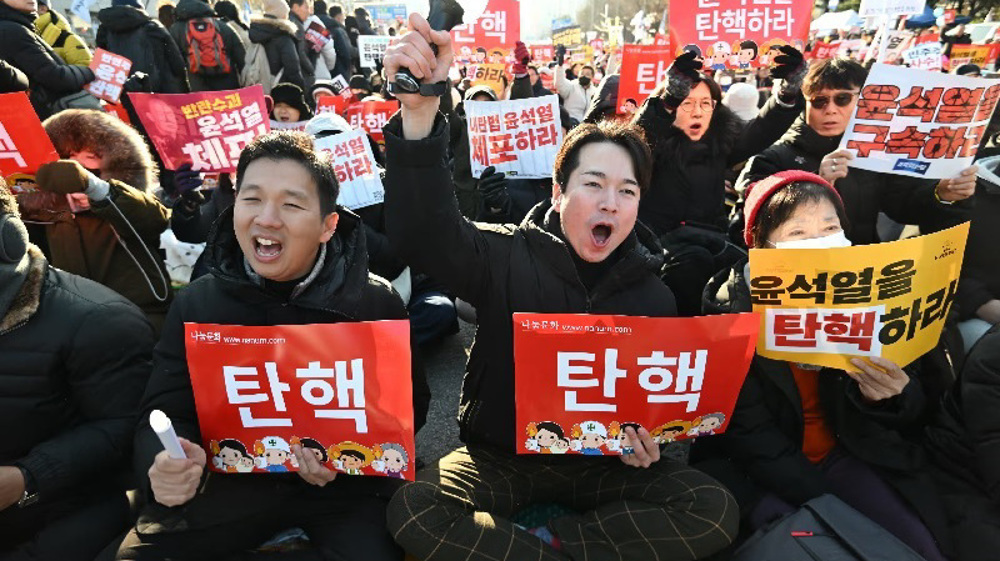




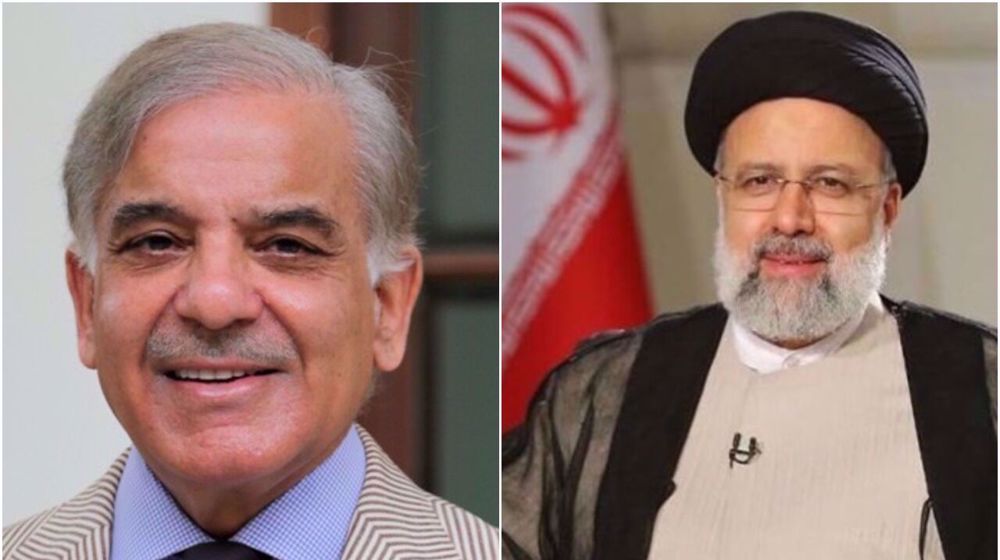
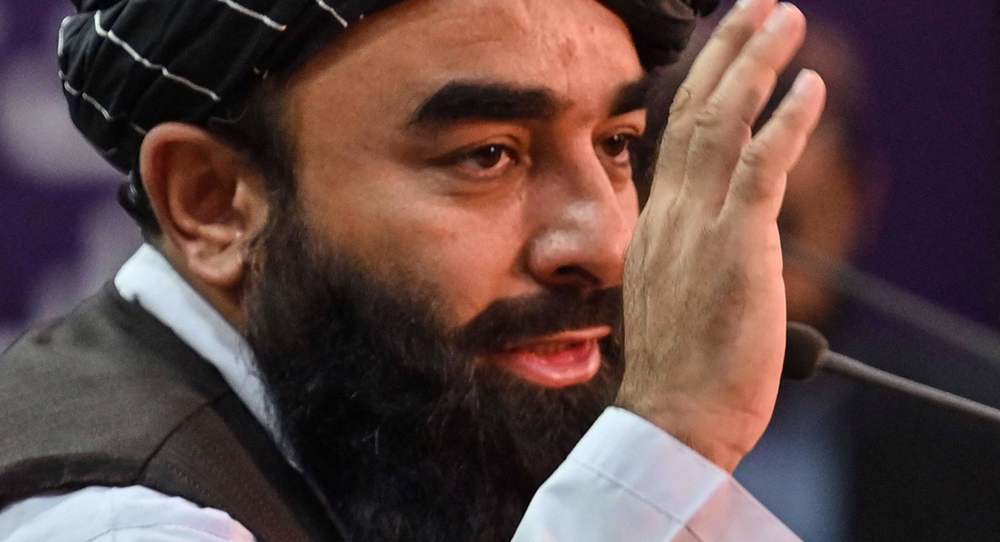
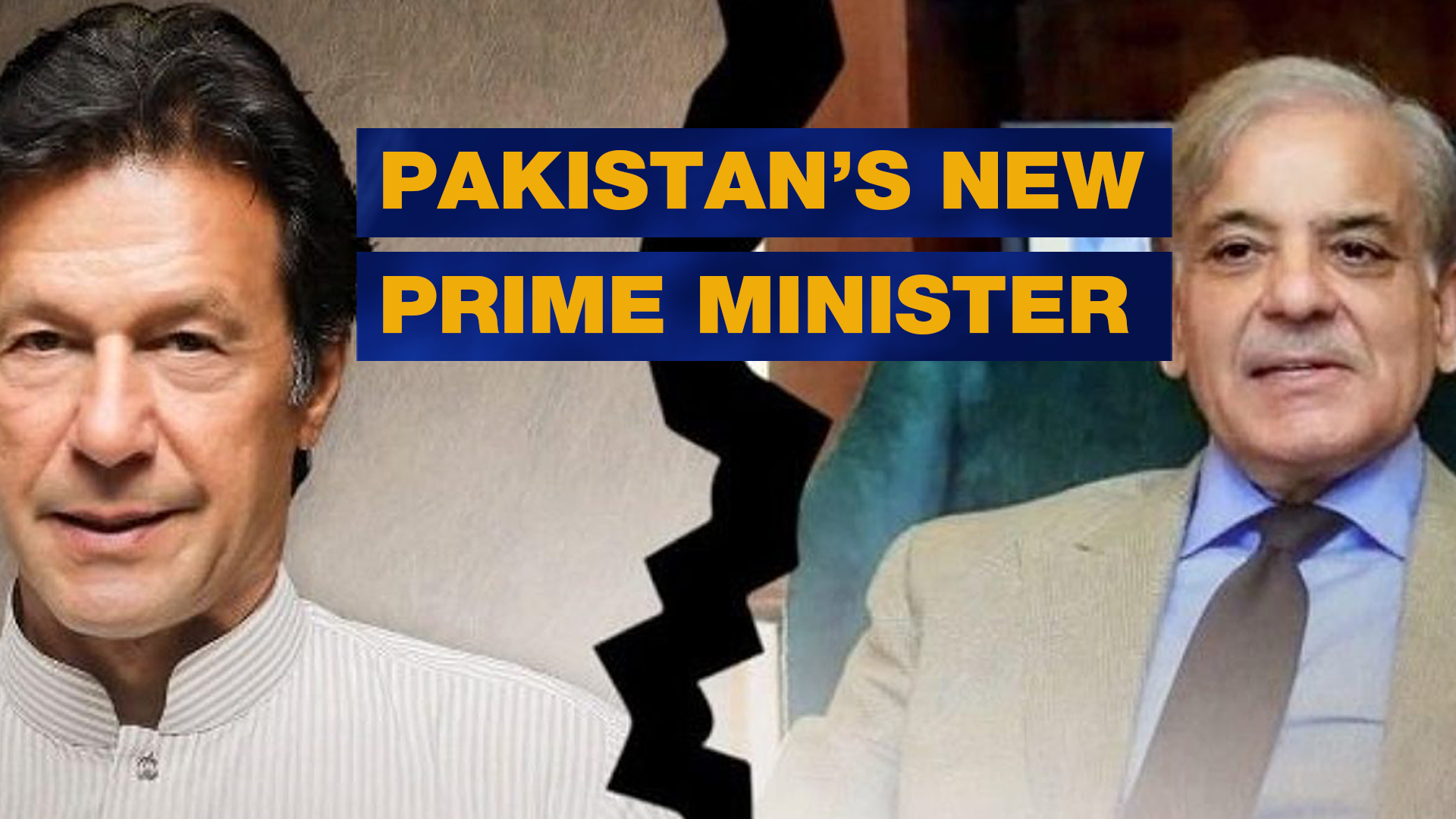
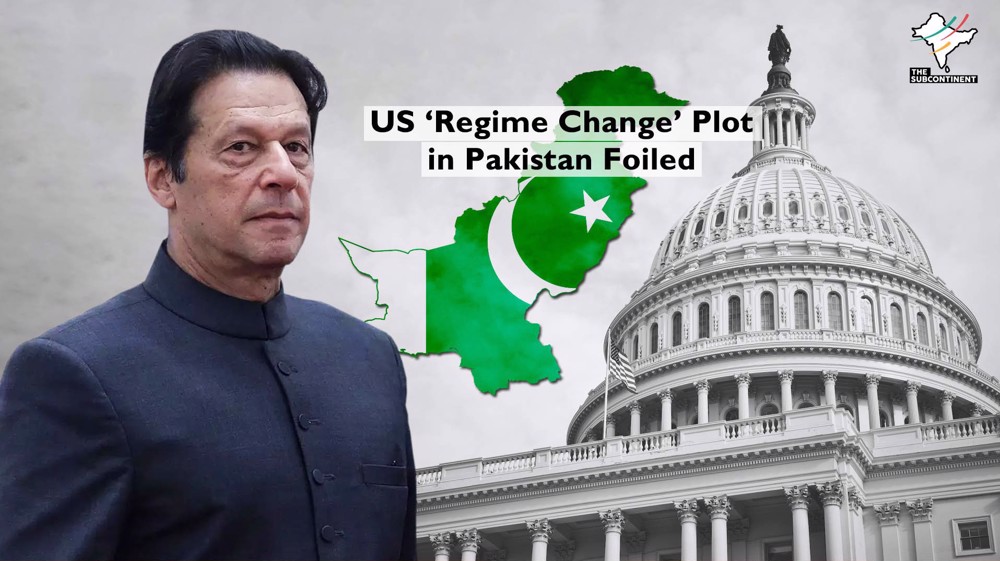
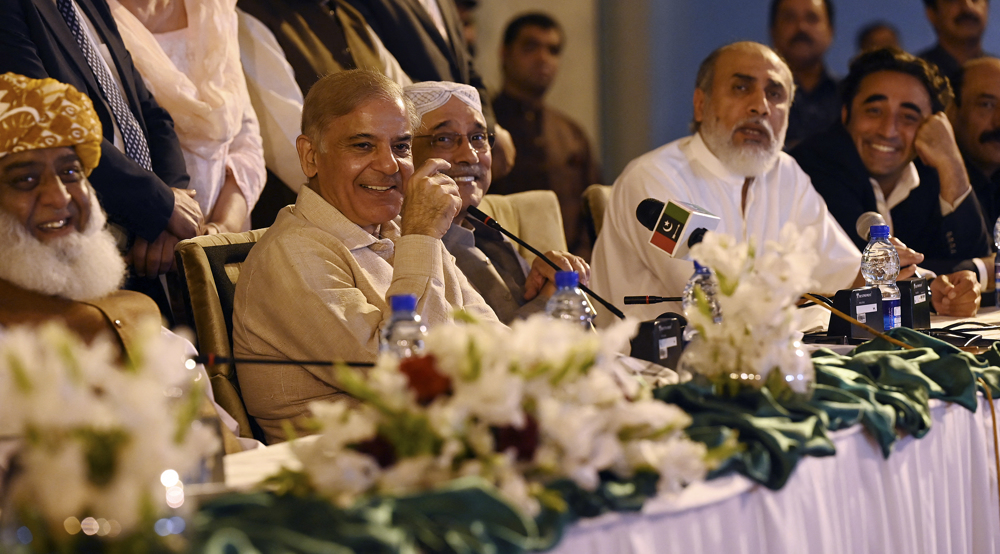

 This makes it easy to access the Press TV website
This makes it easy to access the Press TV website